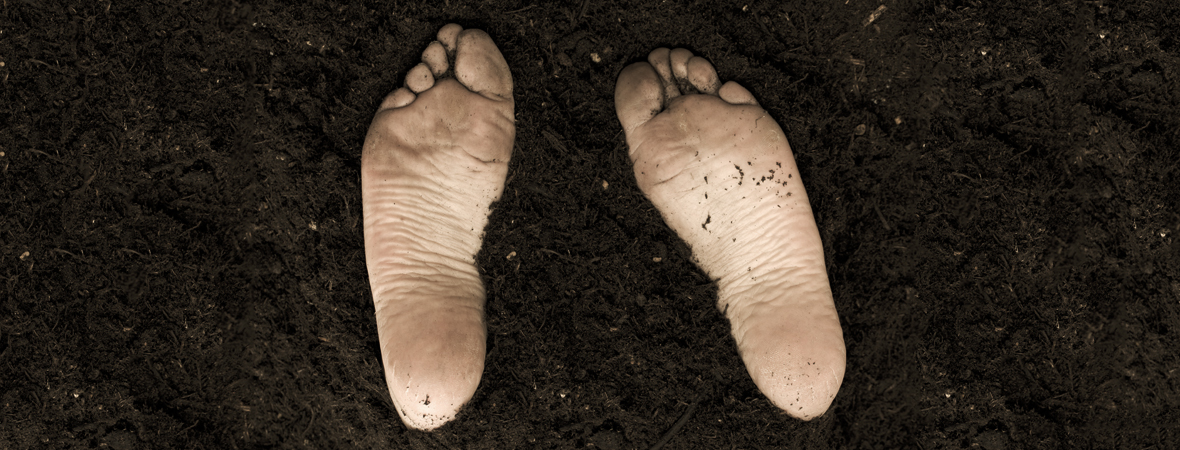Under construction...
We are gifted with an extraordinarily fertile period in publishing history that gives us equally extraordinary possibilities. We can reach people all over the world and, with luck, we could provide a convening space, a venue, a civic square where those people can meet each other and possibly do things together that can unleash and enhance their creativity in new and purposeful ways. Wild with purpose...
The Soapbox
This is your site. Where the Journal's emphasis is on journalism, in-depth features, and complex ideas thought through over time, the Soapbox is about immediacy. This is where you can have your say about the issues that matter to you: a forum for discussion of local landmarks under threat, or global problems in need of urgent solutions. A favourite artist, or the best kind of wood for building rafters. It's up to you.
If you have something you'd like to say on the Soapbox when it launches, please email soapbox@wildculture.com
The Society
The Society for the Preservation of Wild Culture (SPWC) is an international federation established in 1986 in the tradition of friendly societies that exist for the mutual benefit of their members. Our prime goal is to encourage each other to unleash and enhance our creativity and conscience for the purpose of achieving a greater social, intellectual and economic livelihood. With increase of talent and industry we hope to do something about the bleak future of our glorious planet.
The SPWC and its activities are designed and supported by its members. Membership is attained by becoming a contributor to The Journal of Wild Culture, by joining the SPWC, or by sending us a donation. Please email society@wildculture.com for more details.
The Shop
Our relationship to the consumer culture engendered by capitalism is a complex one. The original concept of 'wild culture' was born not only out of the pairing of ecology and imagination but also out of commerce: the fiddlehead ferns foraged by Whitney Smith in the Ontario forests were then sold to chefs in restaurants across the city. Trade is not intrinsically a bad thing. Our desire is to set up an online store as part of the Journal of Wild Culture - possibly selling branded products, possibly posters of some of the wonderful images you see across these pages; possibly providing a way for independent makers and local artisans to sell their wares to a wider audience.
We have some ideas, but welcome your suggestions. Please email shop@wildculture.com if you have any thoughts or suggestions. Do you think a shop is a bad idea? Are you looking to sell your homemade honey? Let us know!

